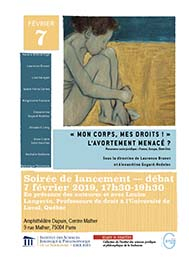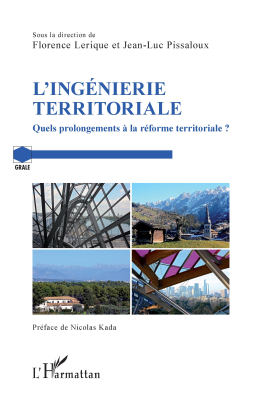Middle Eastern Cities in a Time of Climate Crisis
Avec le soutien de l’InSHS, cette publication en accès ouvert dirigée par Agnès Deboulet et Waleed Mansour explore les transformations en cours des environnements et des mobilités urbaines du Moyen-Orient. Celles-ci sont examinées en relation avec la crise climatique. Les contributions se fondent sur des connaissances empiriques recueillies dans le delta du Nil, la région du Grand Caire, Riyad et Beyrouth. Cet ouvrage contribue à une meilleure compréhension des défis urbains, des menaces climatiques et des réponses politiques dans des contextes marqués par des inégalités environnementales croissantes. L’UMIFRE CEDEJ a été le lieu clé de son élaboration.
The climate crisis is hitting around the world, including in the Middle East and its cities. Urban regions are exposed to increasingly frequent heat waves and floods that leave decision makers without immediate answers. In the context of this global crisis, this book addresses the need for a better understanding of the current model of urban expansion. Cities are major sources of greenhouse gas (GHG) emissions but they are also celebrated for their contribution to economic growth. The current moment is one of a large paradigm shift as climate change is now recognized as a legitimate public problem. This is especially true for city dwellers, who are increasingly exposed to climate change, the loss of biodiversity and heavy pollution while natural breathing spaces continue to shrink around them. The sixteen chapters of this book do not offer any off-the-rack or technical solutions, but they analyze the urban conundrum and the contribution of cities to the climate crisis. Some chapters focus on individual car ownership, land privatization, waste management and land use changes under the guise of development. Others explore local and contextual answers to urban governance issues. With the support of CEDEJ and the Friedrich-Ebert-Stiftung, researchers, experts and civil society actors explore the ongoing transformations of Middle Eastern urban environments and mobilities and question them in relation to the climate crisis. The contributions are based on empirical knowledge gathered in the Nile Delta, the Greater Cairo Region, Riyadh and Beirut. Without concessions to mainstream thinking, this book contributes to a better understanding of urban challenges, climate threats and policy responses in contexts marked by growing environmental inequalities.



